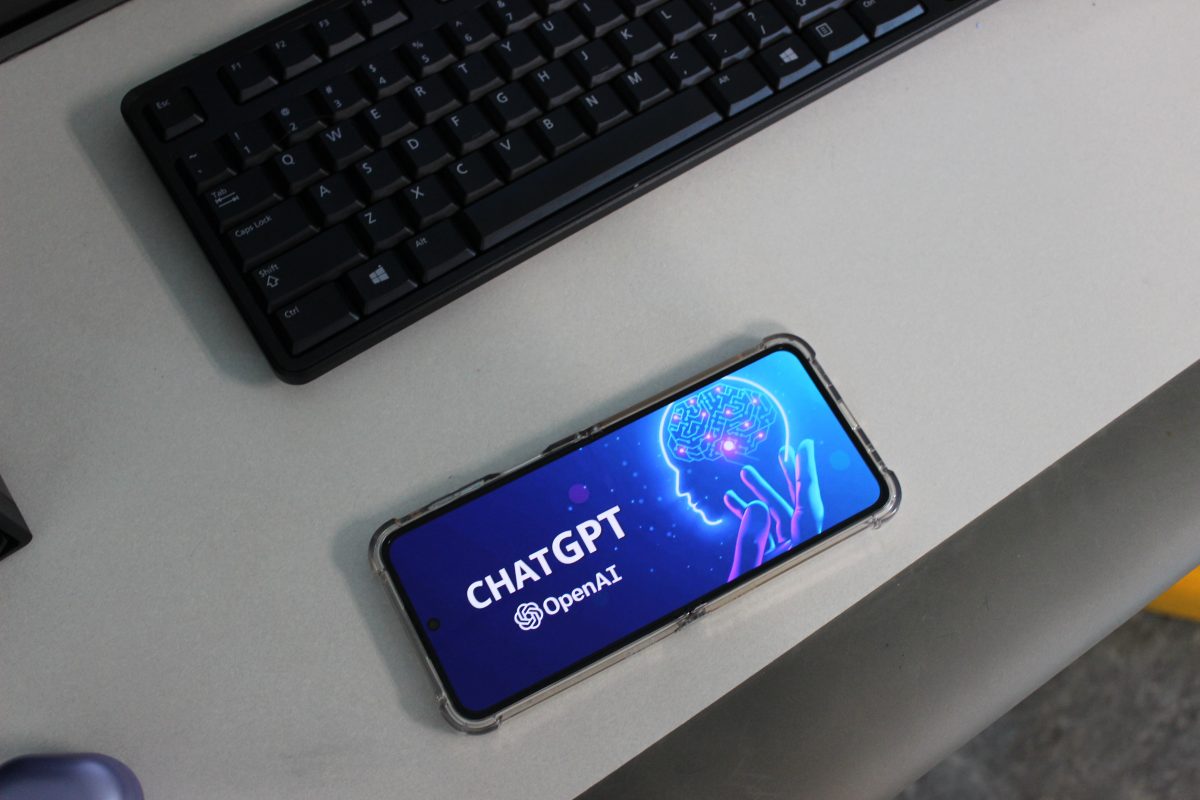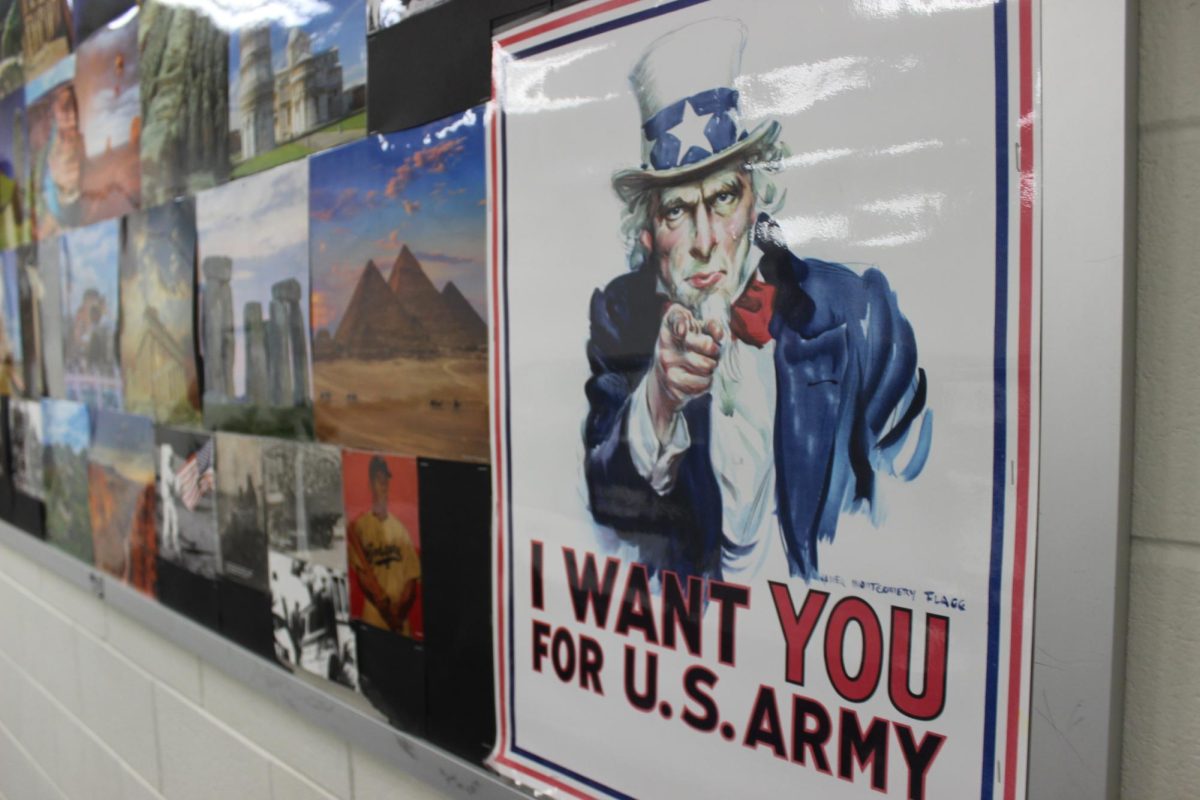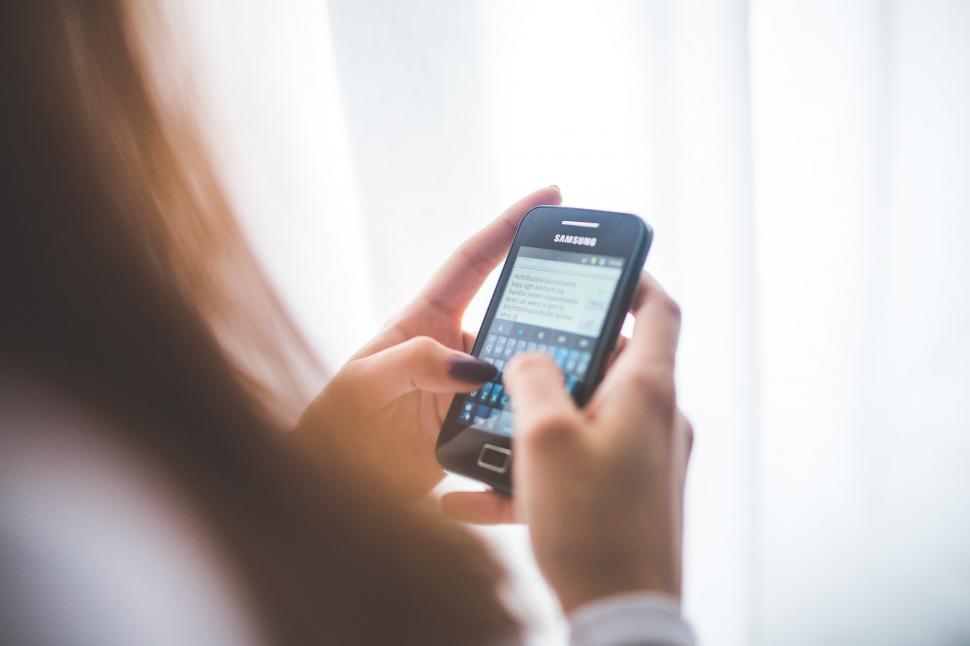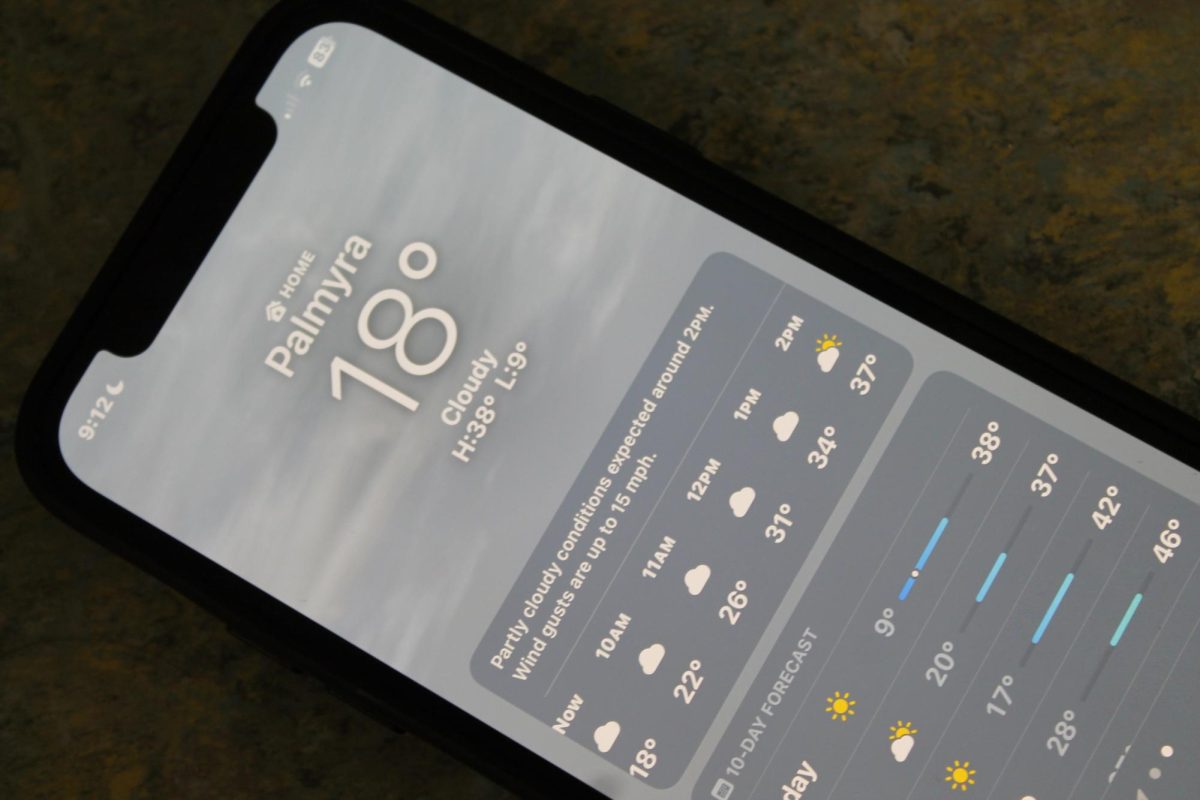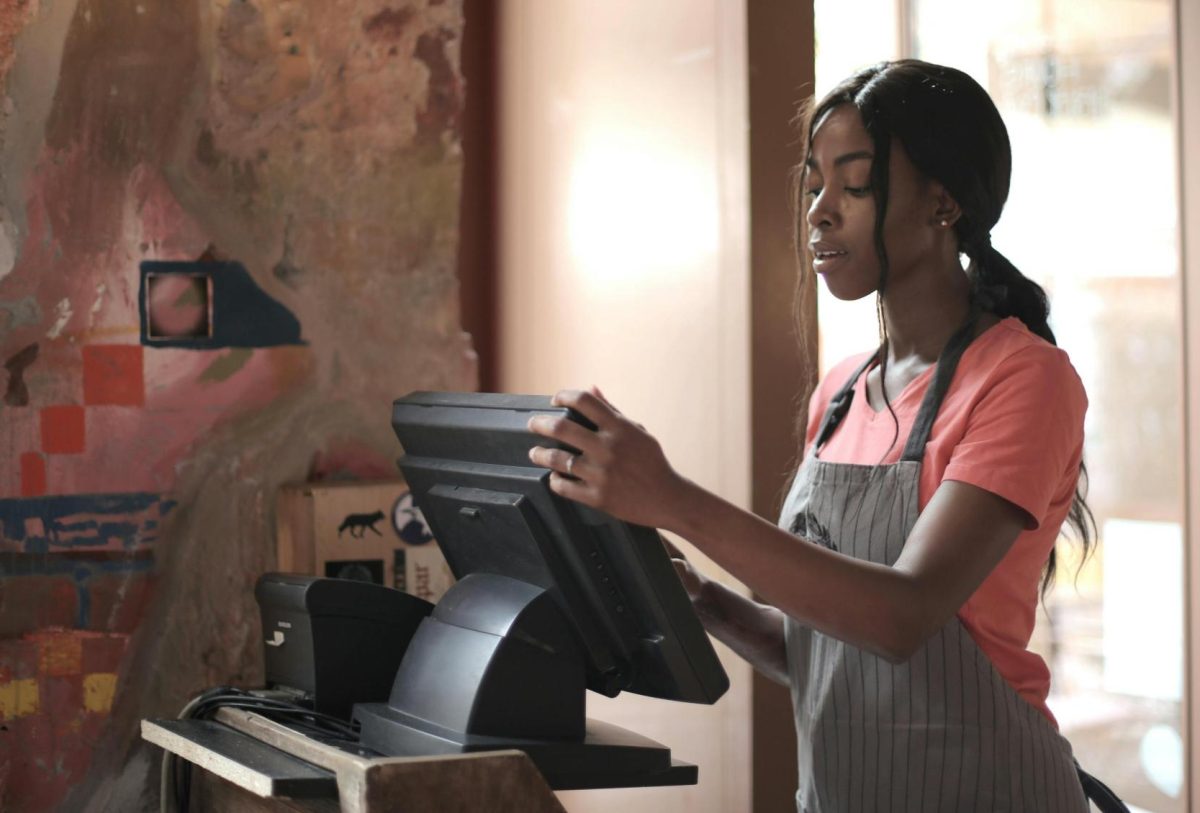“A computer would deserve to be called intelligent if it could deceive a human into believing that it was human,” Alan Turing wrote in 1950.
What seemed like the stuff of the future in Turing’s time is now reality in 2023. AI, or artificial intelligence, is not a new concept to the world, despite its recent popularity. The ancient Greek philosophers used terms like “automation” to describe machines that did not need a human to control them. But it was Turing, the computer scientist who is attributed with cracking the Enigma code in World War II, who may have planted the first seeds of modern artificial intelligence.
Turing created the “Turing Test” to figure out if a machine, or what we now call an “AI bot,” can exhibit human intelligence. The concept of a machine exhibiting high intellect seemed far-fetched then, but that was before rapid advancements in the field between the 1960’s and 70’s. This led to the first AI chatbot in 1966 which was not unlike a Snapchat AI. About 45 years later, Apple’s virtual assistant Siri was released making it the very first ultra-popular artificial assistant.
The term “robot” was created by Czech writer and playwright Karel Čapek. As Clive Thompson at Aventine noted, “[Capek’s] play not only gave robots their modern name, but heightened the existential fear that robots will someday replace people, as Čapek’s robots ultimately rise up and kill humanity.”
These days, things like artificial essay writers, chatbots, and art generators have been increasing in popularity since the emergence of software like ChatGPT. Some wonder what this may mean for the future of both technology and humankind as a whole.
One of the big debates is whether or not artificial intelligence and robots are helpful or harmful. There are three potential ways that AI can advance or flounder our society.
One of the biggest doubts about artificial intelligence is how it may affect students educationally. Softwares like ChatGPT have raised concerns among teachers and parents since AI’s inception.
“AI is eliminating the need for a student to think at all,” FCHS English teacher Sherry Esch has noted. Another FCHS teacher shared her thoughts on AI as well. “There are places where AI is useful. It’s just that students use it in the wrong way,” said AP English Teacher Victoria Zavadsky. “If a student wants to become a better writer, a better thinker, they have to do it for themselves,” she added.
On the positive side, some feel that AI can have significant educational benefits. According to a recent article in Forbes, “AI can also provide instant feedback. For example, AI-powered educational tools can provide students with immediate feedback on their work, allowing them to identify and correct mistakes quickly.”
Already, tools like Grammarly are being used by many students around the world. Grammarly is a tool that uses artificial intelligence to give you feedback, check for spelling and grammar, and even check for plagiarism.
Some officials and labor organizations also worry about the economic impacts of artificial intelligence. The European Parliament released a document describing its concerns. It describes how the use of artificial intelligence may not only overall increase society’s riches and reduce the need for human labor, but conversely create much larger class divisions and “concentrate wealth in ‘superstar’ companies” rather than distribute it.
Business Insider writers Aaron Mok and Jacob Zinkula have touched on the possible jobs that are at risk of being replaced by artificial intelligence. These include professionals ranging from writers, artists and teachers, to financial analysts, legal assistants, and even computer scientists. Artists and writers are especially being affected, as proven by the fact that AI-generated content and ideas are a major dispute in the ongoing Writers Guild of America Strike.
The social impact of AI can also be debated for both positive and negative reasons. Naysayers bring up the issues of breached privacy, security risks, and the socio-economic impacts as mentioned above. Advocates, however, argue that advancements in artificial intelligence will improve the standards of living for everyone.
So which is it? Is AI a blessing or a curse? Moving forward, expect societal attiutdes to this emerging technology to continue to be divided, with some saying the threat outweighs the benefits, while others jump headfirst into the AI revolution.

